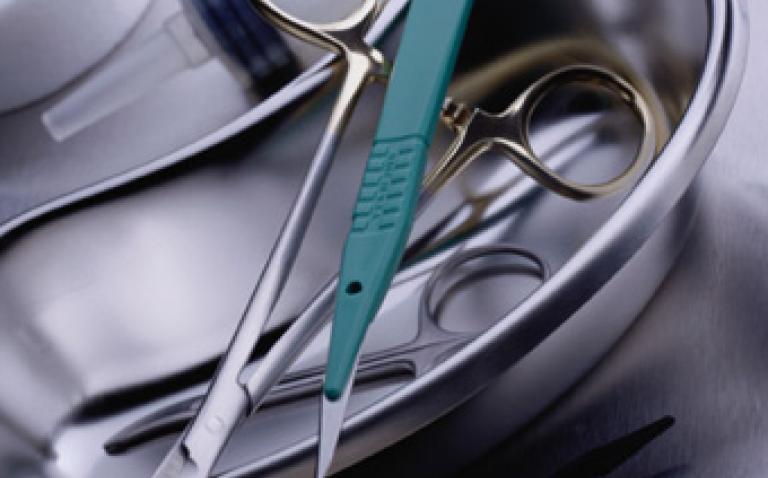New guidance on methods for storing donor kidneys has been published today.
The National Institute for Health and Clinical Excellence (NICE) recommends the use of two systems to maintain the condition of kidneys from deceased donors before they are used for transplants in the NHS.
For people with end-stage kidney failure, renal replacement therapy is essential to save their lives – this means haemodialysis, peritoneal dialysis or a kidney transplant.
Demand for kidney transplant is increasing and outstrips supply of kidneys. In 2006, 1403 kidneys from deceased donors were transplanted in the UK (765 donors), and 6384 people were awaiting transplantation. It’s therefore important that donated kidneys are stored in a way that will enable them to function as well as possible once they have been transplanted.
Before a transplant can take place, time is needed to match the kidney to the recipient, to transport and prepare the recipient and the kidney and finally to implant the kidney. To allow time for this process, kidneys need to be preserved to maintain their function – cooling the kidney and preparing it as quickly as possible is important to reduce damage caused by time spent deprived of oxygen.
NICE recommends two options for storing kidneys from deceased donors:
- Machine perfusion using the LifePort kidney transporter, where preservation solution is continually pumped through the kidney during transportation.
- Cold static storage using Belzer UW storage solution or Marshall’s hypertonic solution, where the kidney is filled the sterile preservation fluid and is kept on ice in a box.
The choice of storage method should take into account the clinical and logistical factors in both the kidney retrieval teams and the transplant centres.
Professor Peter Littlejohns, NICE Clinical and Public Health director says: “Demand for kidney transplant is growing, so it’s vital that available donor kidneys can give recipient patients the best chance of a successful transplant. This new guidance will ensure that effective methods of storing donor kidneys are used prior to transplant, so that the kidneys are maintained in a good condition allowing them to function as well as possible.”









